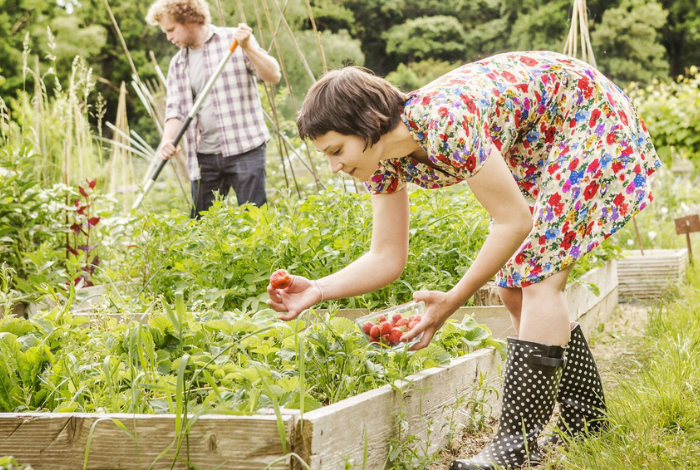How to Grow Your Own Vegetable Garden

Gardening is a great way to get outdoors and enjoy nature while also providing yourself with fresh, nutrient-rich produce. Growing your own vegetable garden is a fantastic way to save money on produce, have access to organic vegetables, and create a beautiful outdoor space. With the right knowledge and planning, you can have a vegetable garden that is bountiful and healthy. This article will provide you with the steps you need to take in order to successfully grow your own vegetable garden.
Choosing a Location for Your Garden
The first step to growing a successful vegetable garden is finding the right location. Ideally, you want to find a spot that gets plenty of sunlight, at least six to eight hours a day. If you live in an area with a high temperature, you may want to find a spot that gets some shade during the hottest part of the day. You should also look for a location that has access to a water source, such as a hose or sprinkler system.
Preparing the Soil for Planting
Once you’ve chosen the perfect spot for your garden, you’ll need to prepare the soil for planting. This involves removing any weeds and rocks and adding organic matter, such as compost, to improve the soil’s structure. It’s also important to test the soil’s pH levels and add amendments, such as lime, if necessary.
What Vegetables to Grow
When it comes to choosing what vegetables to grow, you have a lot of options. You should consider your climate, the size of your garden, and the amount of work you’re willing to put in. Some of the most popular vegetables to grow in a home garden include tomatoes, lettuce, peppers, cucumbers, carrots, and squash.
Watering and Fertilizing Your Garden
Once you’ve planted your vegetables, you’ll need to make sure they get enough water and nutrients to grow. Depending on the type of vegetables you’re growing, you may need to water them daily or once every few days. You’ll also want to fertilize your garden with a good, organic fertilizer to ensure your plants get the nutrients they need.
Controlling Weeds, Insects, and Pests
Weeds, insects, and pests can be a major problem in any garden. To keep these pests at bay, you’ll need to be vigilant about pulling weeds, monitoring insects, and using natural pest control methods. You can also use a mulch to discourage weed growth and create a barrier between your vegetables and pests.
Harvesting Your Vegetables
Once your vegetables have grown to maturity, it’s time to harvest them. Different vegetables have different harvesting times, so it’s important to read up on the specifics for each one. You should also check your vegetables often to make sure they’re not overripe or damaged.
Composting
Composting is a great way to recycle organic materials, such as vegetable scraps and yard waste, and turn them into valuable soil amendments. Compost can be used to improve the structure and nutrient content of your garden’s soil. You can either make your own compost or purchase it from a garden center.
Conclusion
Growing your own vegetable garden is a great way to save money on produce, have access to organic vegetables, and create a beautiful outdoor space. With the right knowledge and planning, you can have a vegetable garden that is bountiful and healthy. By following the steps outlined in this article, you can be on your way to growing a successful vegetable garden.



